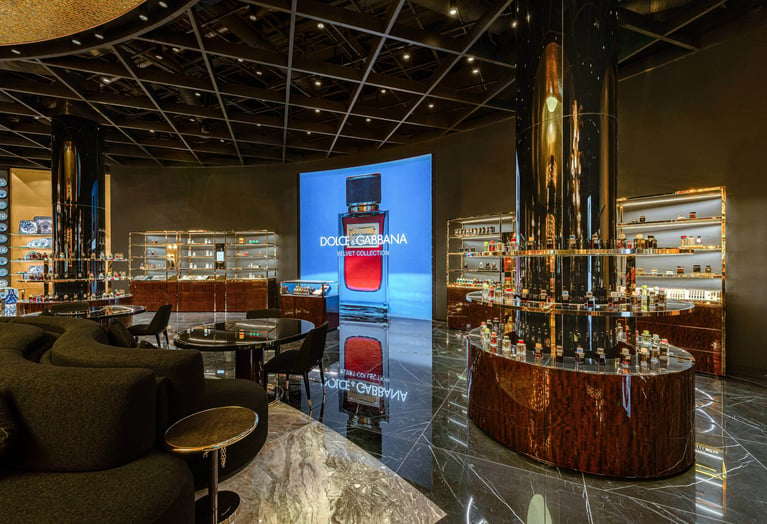
When planning a commercial fit-out, understanding and adhering to the relevant regulations is essential for ensuring both safety and compliance. A variety of local and national standards must be met throughout the design and construction process. By consulting with experienced commercial office fit out professionals, businesses can steer these regulations and ensure that their workspace is both functional and compliant.
Health and safety regulations:
Health and safety regulations are at the forefront of any commercial fit-out project. These guidelines ensure that the workplace is safe for employees, visitors, and contractors. Common health and safety considerations include fire safety, emergency exits, ventilation, and the use of non-toxic materials. Employers are responsible for ensuring that the fit-out meets safety requirements and that staff are aware of evacuation procedures.
Building codes and zoning laws:
Building codes are a set of regulations that ensure the safety and structural integrity of a building. These codes cover a variety of elements, including the foundation, roofing, and materials used in construction. Zoning laws, instead, govern how a space can be used. If you are renovating a space from one type of business to another, you may need to apply for a change of use permit. Ensuring compliance with these laws is key for avoiding fines and legal complications.
Disability access and inclusivity:
Under regulations such as the Equality Act, it is necessary for commercial spaces to be accessible to individuals with disabilities. This includes providing wheelchair ramps, accessible restrooms, and wide doors that accommodate mobility aids. In some areas, you may also need to ensure that signage is clear and uses universal symbols. Accessibility is a legal requirement and also an important consideration for creating an inclusive environment for all visitors and staff.
Environmental regulations:
Sustainable practices are becoming increasingly important in commercial fit-out projects. There are various environmental regulations that aim to reduce the impact of construction on the environment. These can include waste disposal regulations, energy efficiency standards, and the use of eco-friendly materials. Some businesses may also choose to apply for certifications such as LEED (Leadership in Energy and Environmental Design) to demonstrate their commitment to sustainability.
Fire safety standards:
Fire safety is one of the most key regulations for commercial fit-outs. Businesses must ensure that their fit-out meets fire safety standards, which include installing fire alarms, sprinkler systems, and ensuring that escape routes are clearly marked. The materials used in the fit-out should also be fire-resistant, and the workspace must be designed to reduce the risk of fire hazards.

